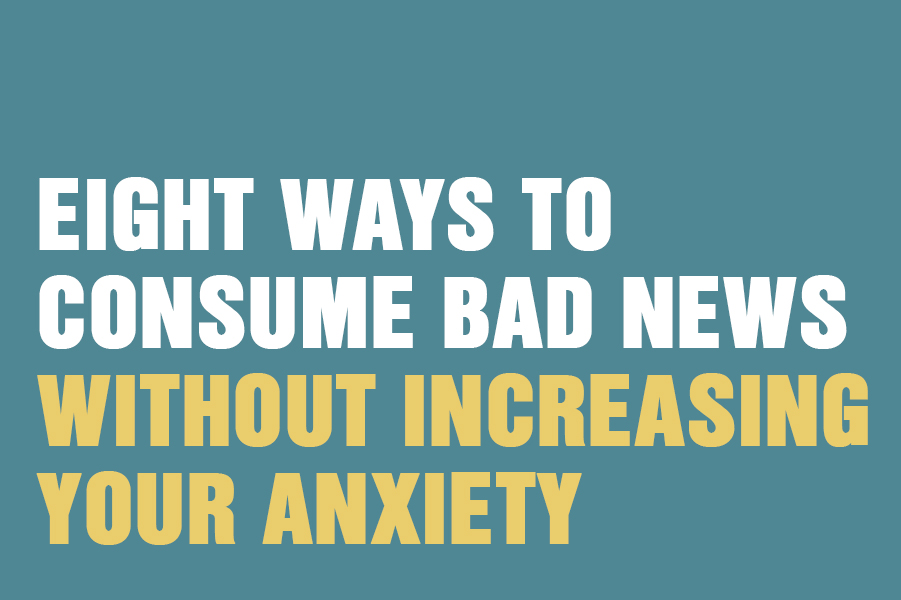When you’re coping well with the ups and downs of life – when your thoughts are rational and your emotions are calm in response to daily stresses – you’re said to be functioning within the ‘window of tolerance’. But if you’ve had traumatic experiences in the past, and you struggle to deal with stressful things in the present, then it can be extremely difficult to stay within that window.
The window of tolerance is a concept created by Dr Dan Siegel to describe the ‘optimal arousal zone’ of human beings. In other words, it’s your capacity to manage your anger even when under stress. You may be pushed to the edge of the window of tolerance when experiencing anxiety or anger, for example, but you can confidently rely on a range of inner resources and strategies to keep you within the window.
Except this isn’t always the case, especially if you’ve experienced trauma as a child, or you weren’t cared for in the way you needed, or you didn’t feel secure in your attachment relationships. When those early needs aren’t met, and you haven’t learned to regulate your emotions, this can disrupt your nervous system and you can find yourself over-reacting to small stresses in the present. Your window of tolerance can shrink, and life’s everyday events can begin to feel like huge threats.
When you haven’t been supported or can’t regulate emotions, and you’re having a heightened reaction to stress, you may experience either a ‘hyper-arousal’ or a ‘hypo-arousal’ response.
- Hyper-arousal is also known as the ‘fight or flight’ response. You may feel anxious or overwhelmed and can react with angry or aggressive outbursts. It can feel as though you’re constantly on high alert to danger. You may also be battling negative intrusive thoughts and becoming super-critical of yourself. It may be difficult to rest, sleep or digest – as though feeling always ‘on’.
- Hypo-arousal is also known as the ‘freeze’ response. Here you may become disconnected from the present and withdraw or dissociate – sometimes having no memory of what’s happening. You may feel separate from your thoughts and feelings, and those around you may experience you as being shut down – as though always ‘off’.
You may experience hyper- and hypo-arousal in response to different triggers. For some it may be a rejection or abandonment. For others it may be an intrusive thought or feeling, or perhaps a sensory reminder or visual flashback to the original distressing event. The keys to managing these states – and to stay within your window of tolerance – are self-awareness, self-care and the ability to self-soothe.
Tips for staying within your window of tolerance
You can try any of these techniques to support you when you feel you’re leaving your window of tolerance. But using these strategies as a regular practice, even when you’re not triggered, can also help to widen your window.
- Mindfulness. Stay in the here and now. Notice how you’re feeling in response to certain stimuli. What’s stressing you out most days? What memories are popping up? Tuning into yourself – with curiosity rather than criticism – can gradually help you become aware of your triggers. Knowing your triggers is the first step to managing them, rather than acting from them.
- Breathing. Deep breathing from your belly can help ground you and bring you back to yourself if you feel you’re being triggered. Try breathing in through the nose for a count of 4, then breathing out through the mouth for a count of 5. Do this for a few minutes. The longer out-breath will help to calm you.
- Physical activity. Moving around can help shift your energy and regulate your arousal levels. If you’re more prone to hyper-arousal then some vigorous physical activity may help you to purge some of the anger or overwhelm you’re experiencing. From a hype-aroused state, some gently stimulating exercises – such as rocking yourself – may help you bring you back to yourself.
- Soothe your senses. Think about things to look at, touch, smell, hear and taste. What soothes you in the moment will be unique to each individual. You may want to listen to calming music, light a scented candle, look through old photos of beautiful scenery, make your favourite food, or soothe yourself with a blanket. Find what works for you.
- Challenge your thoughts. If you’re able to catch a negative thought, try to challenge it with a more positive one. Imagine what a good friend would say to you. Try to hear that kinder voice in your head to balance out any negative critical thoughts.
- Write things down. Grab a pen and paper when you’re feeling stressed and about to blow your top. Writing from a stressed place can help to process your thoughts and feelings. The act of writing things down can feel cathartic. Writing can also help you gain perspective on what you’re feeling, drawing you back into a more rational frame of mind within your window of tolerance.
If you’re aware that you need professional support to help you stay within your window of tolerance – or if you feel ready to work through traumatic experiences – then get in touch with us. We have appointments available seven days a week at our centres in Clapham and Tooting. Call 020 8673 4545 or email [email protected]








3 Comments. Leave new
This is a great article! I shared with a few of my clients. Thanks so much.
Hi Suzette. We find that the Window of Tolerance can be a helpful model for clients who can benefit from a metaphor to help them self-regulate. Delighted to hear this was a helpful article for you.
Really helpful! Thank you